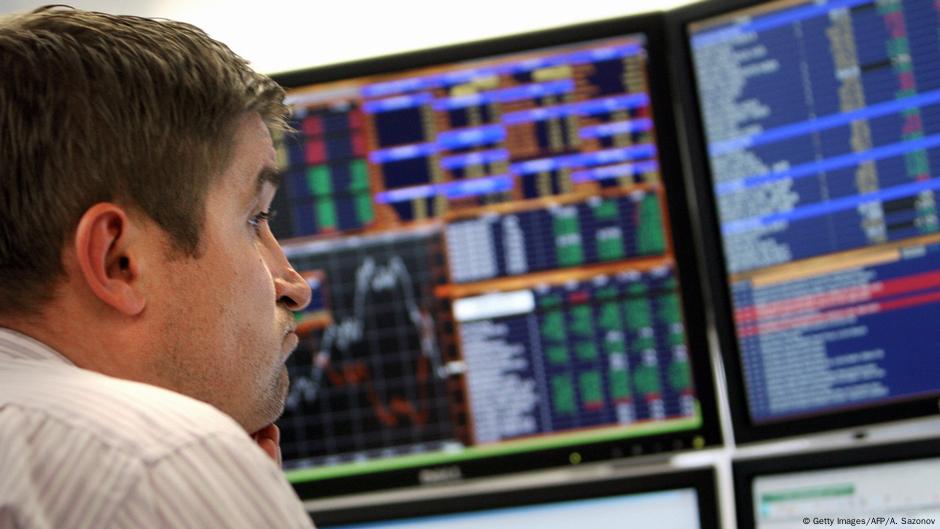The EU is engaged in discussions about utilizing frozen Russian assets for reparations to Ukraine. Besides assets from Russia’s central bank, European institutions are also holding frozen securities belonging to countless Russian private investors not listed under Western sanctions.
Though legally entitled to reclaim their assets, very few investors have succeeded in doing so.
Zhanna Nemtsova’s Advocacy
Zhanna Nemtsova, daughter of the assassinated opposition figure Boris Nemtsov and co-founder of the Boris Nemtsov Foundation for Freedom, has been highlighting this issue for several months. In discussions with DW, she has emphasized that private investors’ assets should be released and has suggested various measures to facilitate this.
Understanding the Freezing of Russian Assets
Russian securities are held in custody by the National Settlement Depository (NSD), a section of the Moscow Exchange. However, for foreign securities purchasable through domestic brokerages prior to the Ukraine conflict, the NSD merely served as a liaison, while the actual securities were mainly stored in two European depositories: Euroclear in Belgium and Clearstream in Luxembourg.
The Impact on Investors
Details on the total amount of frozen private assets have not been disclosed by either Russian or European authorities, nor by the depositories. Reports indicate that the overall value of frozen assets in Europe stands at around €210 billion ($243 billion), with €185 billion managed by Euroclear.
Challenges in Asset Recovery
Investors not on sanctions lists can attempt to recover their assets by securing a license from Belgium’s Finance Ministry for Euroclear or from Luxembourg’s financial authorities for Clearstream. However, navigating this process without legal help proves nearly impossible, and legal fees can surpass the average frozen asset value.
Future Prospects
Nemtsova believes public awareness is the first step to addressing the issue, as European officials often overlook the far-reaching effects of their sanctions. She advocates for an inventory of all frozen assets that belong to private investors not on sanctions lists, followed by simplifying the recovery process for those who cannot afford high legal fees. Ultimately, she acknowledges that only those with Western citizenship may benefit from any changes in policy.



